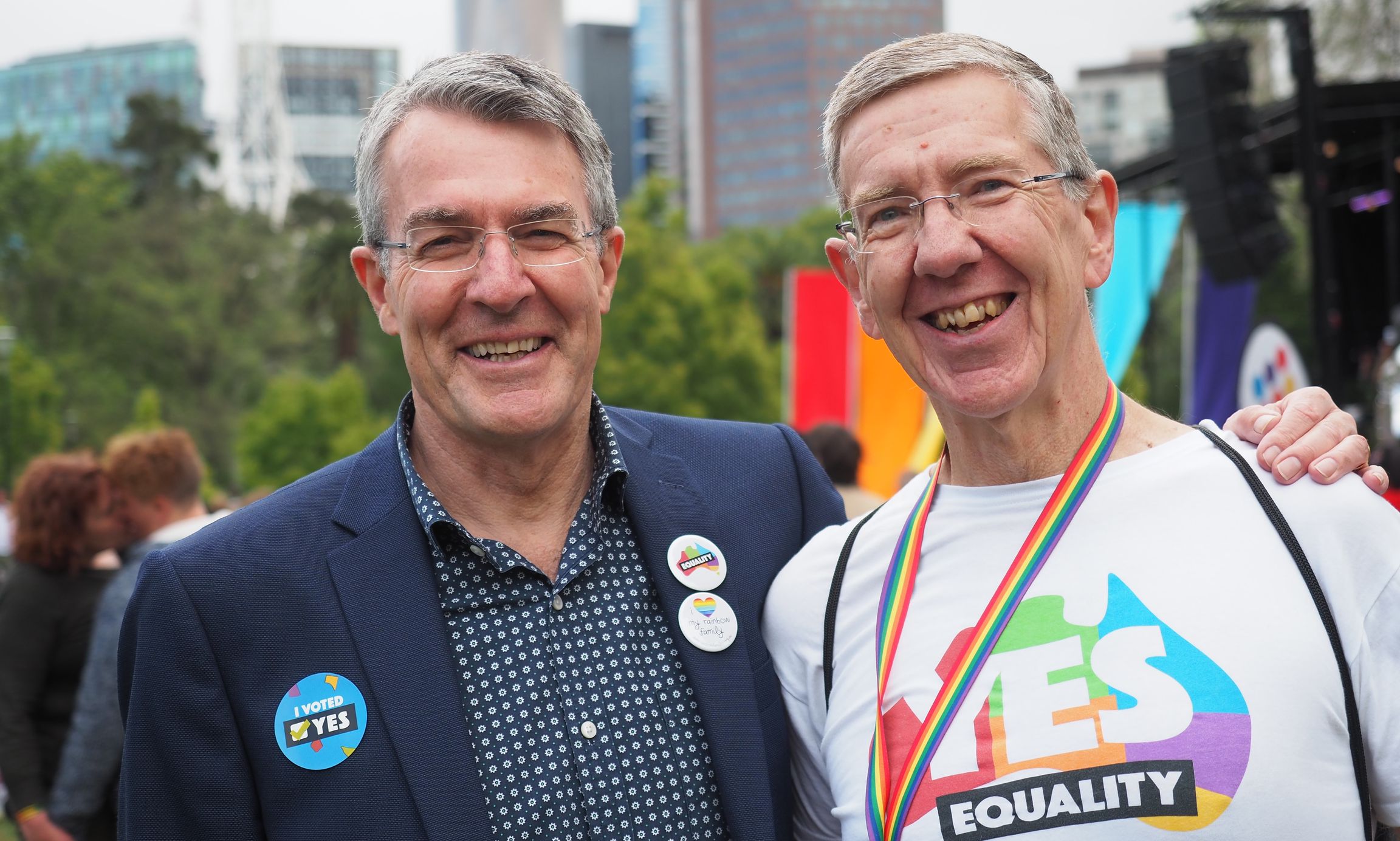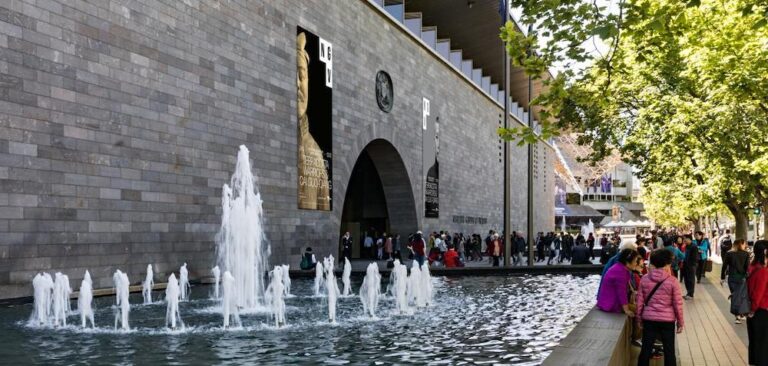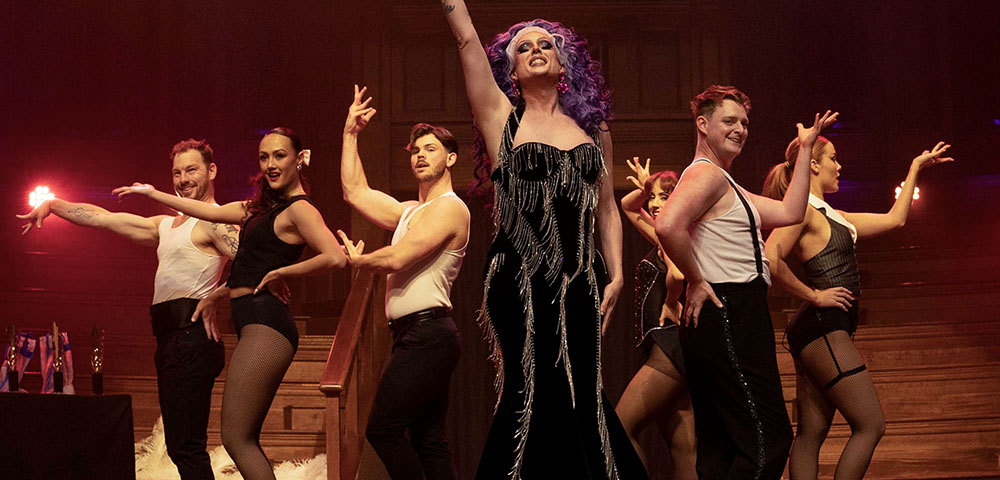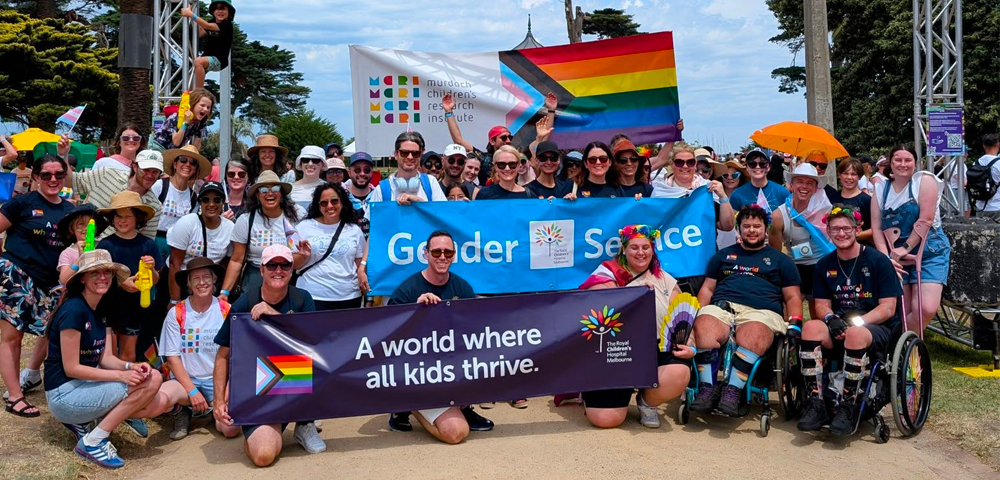
Why Labor’s ‘100 day promise’ to deliver marriage equality needs updating for 2019

Last year’s marriage equality win was a huge victory for Australia’s LGBTI community, but it was far from perfect. Longtime human rights activist Jamie Gardiner explores why Labor’s 100 day promise needs updating.
***
Labor can be proud to have led the fight for marriage equality through collective action, campaigning, and a commitment to equality for all.
Without Labor and the trade union movement, marriage equality would not have happened in 2017.
However, while the Yes campaign’s success was wonderful, necessary compromises in parliament left the law half fixed. For our Marriage Act to really embody equality, it needs more work.
The 100 day promise
Labor undertook a promise ahead of 2016’s federal election to introduce marriage equality in its first one hundred days in government.
And while we should rejoice over 2017’s same-sex marriage win, we still don’t have full, uncompromised equality. Some missing changes should be made, some alterations should be better worded, and some additions should be revised.
Labor’s one hundred day promise needs updating for 2019.
False narrative
For true equality, the false religious freedoms narrative needs rebutting.
Freedom of religion in Australia marks a peaceable end to the old sectarian bigotry of the 1850s through to the 1950s.
It means religions can coexist, because no-one should be discriminated against for their religious beliefs or lack thereof. Differing religious beliefs should not interfere with people’s ordinary interactions.
This freedom of religion is a peaceful coexistence, much unlike the contemporary US narrative around religious freedoms imported by extremist lobbyists, politicians, and media.
The US narrative involves two new features: it wants religious observance to cover aspects of daily life far beyond the usual, and rules that religion is not only above the law, but may be imposed on other people. This is profoundly undemocratic.
The claim that one religion’s set of beliefs are paramount relative to others automatically denies freedom of religion for everyone else. Freedom morphs into privilege.
What the religious freedoms brigade pursued around the marriage debate in Australia was a classic example; the heterosexist idea that their religion must be imposed on others, and that the law uphold their religious supremacy. That is not freedom of religion.
The postal survey process showed that this brigade didn’t speak for most people of faith.
The ‘save marriage’ crusade was particularly odd since marriage here, unlike in Saudi Arabia or Tudor England, has never been religious, in law.
It is a civil union, a creature of Australian law. Furthermore, the Marriage Act’s involvement of priests, imams, pastors, rabbis, and the like is small and declining.
Less than 25 per cent of Australian marriages are religious.
100 days refreshed
To make good on Labor’s earlier marriage equality promises, more needs to be done.
Labor must repeal the expanded religious exceptions they opposed in 2017. A renewed 100 day promise for the coming election must be to amend the Marriage Act to bring about full, uncompromised equality.
Definition of marriage
Last year reminded us of the false belief that religious freedom needed to be ‘protected’ from marriage equality.
There was no statutory definition of marriage before 2004: it had its ordinary meaning, refined over the years by judges resolving cases where a precise boundary between ‘marriage’ and ‘not marriage’ was needed.
Higher courts – in Australia the High Court gets the last word – can reconsider, and change, old boundaries.
At federation in 1901, the legal meaning was what an English judge said in 1866: “marriage, as understood in Christendom, may for this purpose be defined as the voluntary union for life of one man and one woman, to the exclusion of all others.” (The High Court unanimously ruled in 2013 that Parliament could legislate for marriage equality.)
When countries like Canada began recognising marriages without sex discrimination, Australian couples married there could seek recognition back home, with a good possibility the courts would agree.
The 2004 Howard and Ruddock amendment specifically put the definition in the Marriage Act to prevent the Court from acknowledging that marriage could now include homosexual couples.
Two Australian couples had approached the Family Court to confirm their 2003 Canadian marriages were recognised in Australia, however the Howard Government apparently feared they could win, and rushed in legislation to cut them off.
To properly undo that amendment requires repealing the (new) definition and declaring that parties to a marriage may be of any gender, without discrimination.
Authorised celebrants
The Marriage Act regulates who can celebrate marriages in Australia, and how.
Authorised celebrants include ministers of “recognised denominations”, government registrars of Births, Deaths and Marriages, civil celebrants, and Defence Force chaplains.
The civil celebrant is the best known and most used – over three out of four marriages – and is subject to strict standards.
Those standards don’t apply to ministers of religion, presumably on the pre-Royal Commission assumption of respect. They should.
The 2017 amendments added religious marriage celebrants.
This complicated category resulted from the false religious freedom narrative. A simpler alternative could have sufficed, and should be implemented.
Fiddling with discrimination
The ill-informed media campaign on the supposed infringements of religious freedoms led to unnecessary and duplicate provisions in anti-discrimination laws: these need fixing.
The Marriage Act had a relatively simple section giving religious ministers complete discretion over who to marry, which was probably a Constitutional requirement anyway.
The amended, much longer, section adds no value, while emphasising discriminatory political discourse.
The original should be reinstated.
Other couples
In 2017’s difficult political atmosphere, several measures were missed.
In particular, existing couples, including those registered under state or other schemes, should be able to register as married.
These catch-up recognitions (including foreign marriages, rightly recognised now) could have awkward side-effects. Avoiding undesirable consequences needs further work.
Finally…
The quest for equality continues.
Education, practices of government, and others all need to be reviewed and changed.
The essential marriage focus distracted from other prejudices harming LGBTI folk – especially transgender, gender diverse, and intersex people – of every age, colour, ability, and class.
Loud forces of prejudice line up against LGBTI equality, focussing their misleading propaganda on the vulnerable.
There is more to be done, together.
Jamie Gardiner is a member of the Victorian Labor government’s LGBTI taskforce. He is also the Vice President of Liberty Victoria, and recently won a GLOBE Community Award for Volunteer of the Year.










THANK YOU for the article, it is good to read different opinions about this hotly divided issue.
I agree with you that religion should not be forced on anyone, and certainly belief is not possible to be forced (only obedience through tyrannical means, such as prosecuting people for not obeying, or criminalising their activities). If we criminalise people who are obeying their religious faith, then that is also a kind of discrimination and prejudice. Especially if there is freedom of choice: there are many schools to work at or attend, many places to get married, and many people who will marry you. As you say, the majority of marriages are outside of the Church, although over 50% of people in Australia call themselves Christians they do not necessarily want or need a minister to marry them.
“”Freedom morphs into privilege.
What the religious freedoms brigade pursued around the marriage debate in Australia was a classic example; the heterosexist idea that their religion must be imposed on others, and that the law uphold their religious supremacy. That is not freedom of religion.”” Certainly no one should have religion forced upon them.
I believe that private religious organisations that have been set up to teach and guide in a particular belief (such as Islam or Christianity or Judaism – the Big 3 if you like) – and naturally these views will differ from society – otherwise they wouldn’t have felt the need to setup in the first place!! It would be a pretty dull world if everything was one vanilla brand of homogeneity !
If employing certain people would change their freedom to teach their beliefs, then that would hamper them. Imagining employing an Atheist in a Christian school, and he kept telling the students that God didn’t exist, just for arguments sake, or employing a personal assistant to a Labor politician, who only voted Liberal, and made sure everyone knew about it.
There has to be freedom of choice. If this means that non-for-profit organisations no longer take the tax breaks, then so be it. I wouldn’t join the local Soccer club and insist they play Football – surely a similar sport, requiring a ball, sturdy legs and the ability to run? Yes, but not the game we are playing. Perhaps a banal example, however it works for simplicities sake.
I hope that religions are free to operate within their belief: I wouldn’t try to work for an Islamic School if I was opposed to Sharia Law and the Quran, nor would I want someone working for me who opposed my strongly held beliefs. Many Christian Hospitals will not do abortions, nor provide birth control (yet this is never cited as discriminatory – you would just go to another hospital).
Rather than privilege, to me it is common sense.